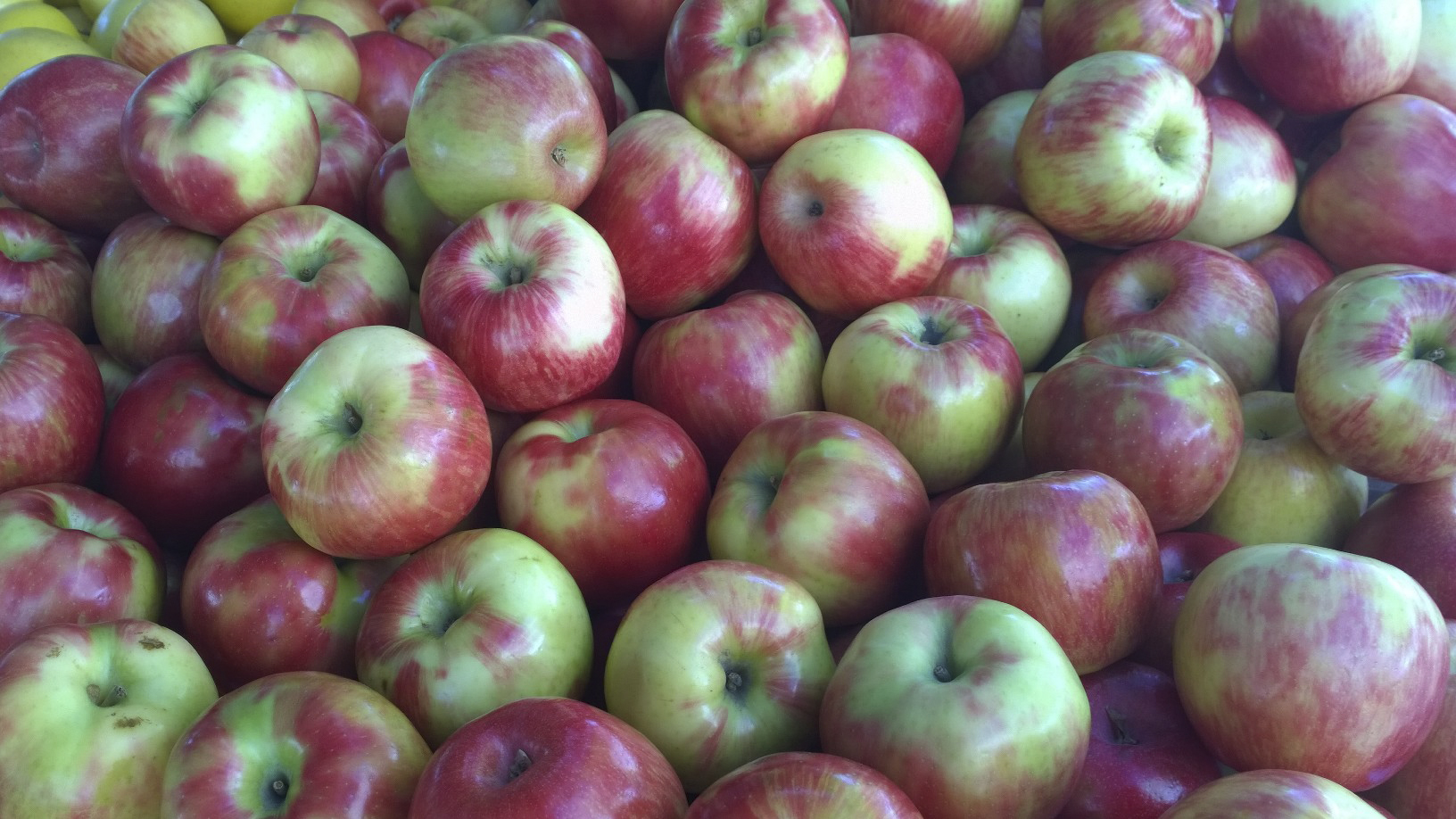By Morf Morford
Tacoma Daily Index
To put it mildly, I have a unique perspective on the history of the Tacoma Food Co-op. Yes, I’ve been a member for a few years – in fact I was a member for about a year before an actual business was up and running.
But before that (long before that) I was a member of the Tacoma Food Co-op in its original incarnation (and even was an employee for a year or so) as part of the entrepreneurial and visionary Court C Coffeehouse cluster of businesses of the early 1970s.
The Tacoma Food Co-op expanded and moved to a couple of locations on 6th Avenue (2601 6th Avenue, the current location of Gateway to India) and 602 S. Oakes) and finally, due to a series of complications, closed in 1982.
A food co-op is, by definition, a food store that is owned cooperatively by its members. It’s defining purpose is not profit to shareholders, but service to its community and members.
Some co-ops (like the Skagit Valley Co-op) have an established program to donate proceeds to non-profit organizations, community groups, and community fund-raising efforts (details here – http://www.skagitfoodcoop.com/co-operate/community-involvement/giving-back-to-our-community/).
Most cities have co-ops as local alternatives to large and distant corporations. Olympia has one co-op with two locations (http://www.olympiafood.coop/).
Seattle has several co-ops. Puget Consumer’s Co-op (PCC) is perhaps the largest. PCC has multiple locations from Bothell to Edmonds (map here: https://www.pccmarkets.com/locations/).
Central Co-op is based in Seattle but recently (2015) merged with the Tacoma Food Co-op. Central has the assets to invest in an enduring Tacoma store.
You can keep updated on the development of the Tacoma co-op here (https://www.centralcoop.coop/page.php?PID=1045).
In short, Central Co-op is investing in a new store at the site of what was Bargain World at 4502 N. Pearl (Bargain World will be moving to Parkland).
A thriving co-op can be a major contributor to a neighborhood and community.
Bellingham has a co-op (http://communityfood.coop/) that was recently recognized as the best grocery store in Bellingham.
Even tiny Port Townsend has a co-op (http://foodcoop.coop/).
To get a sense of what sets a co-op apart from a standard grocery store, you might look at these policy statements from the Port Townsend Co-op:
“In the spirit of this cooperative endeavor, we affirm and promote our mission by:
* providing healthful, environmentally responsible and socially accountable food, products, packaging, nutritional information, and education.
* functioning as a member-owned cooperative, using a broad-range of opportunities for member volunteerism, participation, and involvement.
* creating a model for economic, social, and environmental justice, sustainability, democracy, and integrity.
* generating an engaging workplace through the cultivation of the principles of trust, fairness, transparency, democracy and cooperation.
* supporting local farmers and the development of regional food production systems and emphasizing seasonal availability of local and regional products.
* operating in a transparent fashion to engender trust in all aspects of cooperative governance and operations so that member votes, opinions, and concerns are heard and weighted fully.”


In short, a food co-op is about much more than selling food. A food co-op is a full service resource center with background information on food, where it comes from and who grows/produces it, how to store and preserve it and how to prepare it.
Some co-ops offer food related classes and workshops, some have delis and some offer tools, equipment and services toward more responsible and independent living.
One of the philosophical divides when it comes to food co-ops is who the intended customer is or should be. Should a food co-op based in Tacoma have a focus on low income neighborhoods – especially those (like Tacoma’s east side) with recognized “food deserts” (limited access to grocery stores) or should it cater to those with the resources to make a store financially stable?
Some in Tacoma are convinced that needier neighborhoods should have a co-op since more established neighborhoods are already well-served by immediately accessible, quality food stores.
Should local, sustainably grown, organically raised meat and produce and artisan baked goods be the domain of the relatively wealthy (like Tacoma’s North End and West Side) or should it be accessible to all? And should this food be affordable, or is it a boutique luxury for a few?
Tacoma’s new Central Co-op will presumably serve both markets. We will see. But at the very least, our local, innovative, fresh and delicious food options will expand in early 2018. Anyone can shop at the co-op, but there are many benefits to being a member. Membership costs $100 and can be paid over time.
If nothing else, the texture of the neighborhood will change dramatically. Food co-ops usually become a central resource center for independent living in all kinds of arenas of life.








